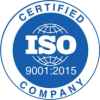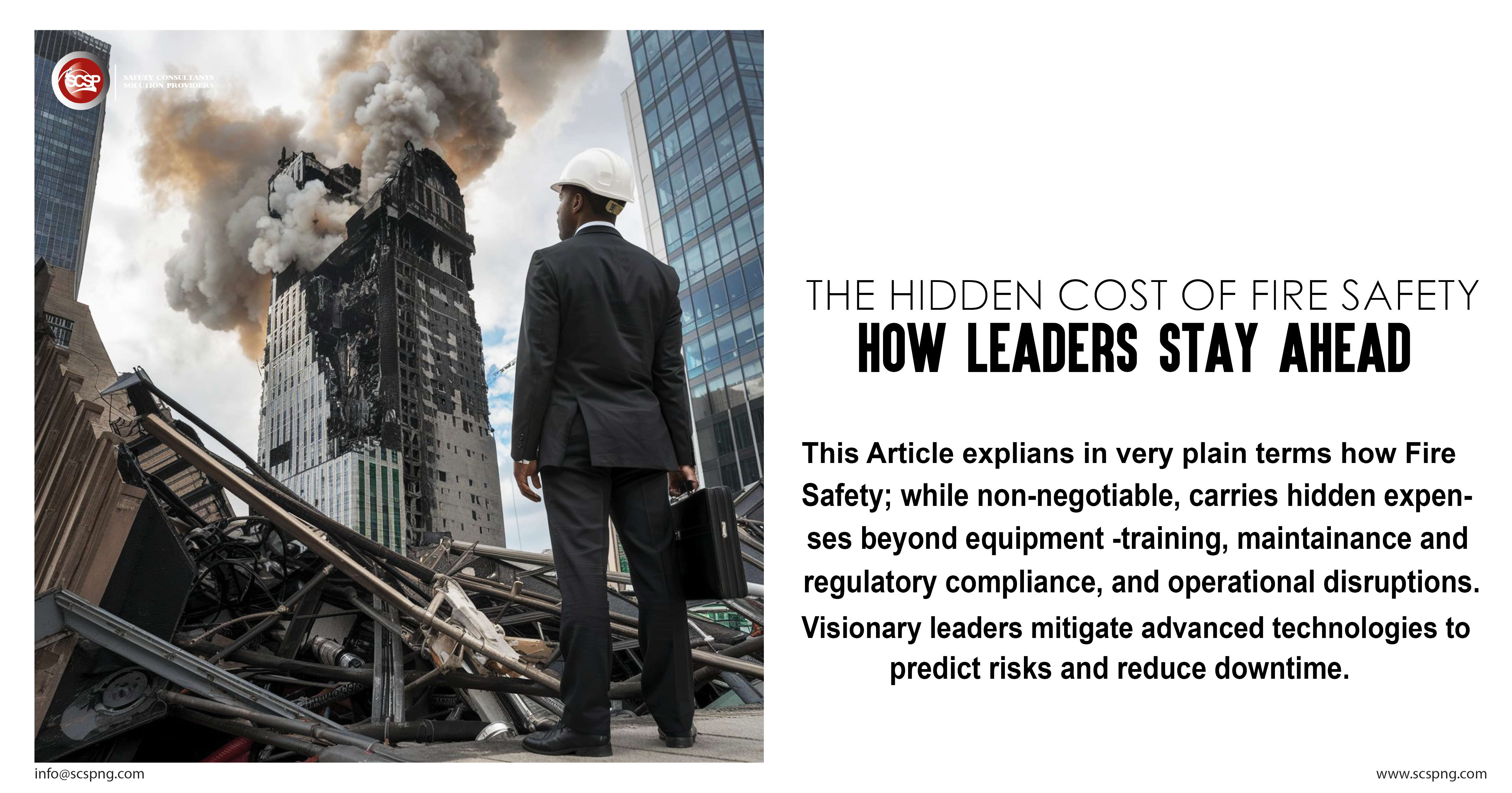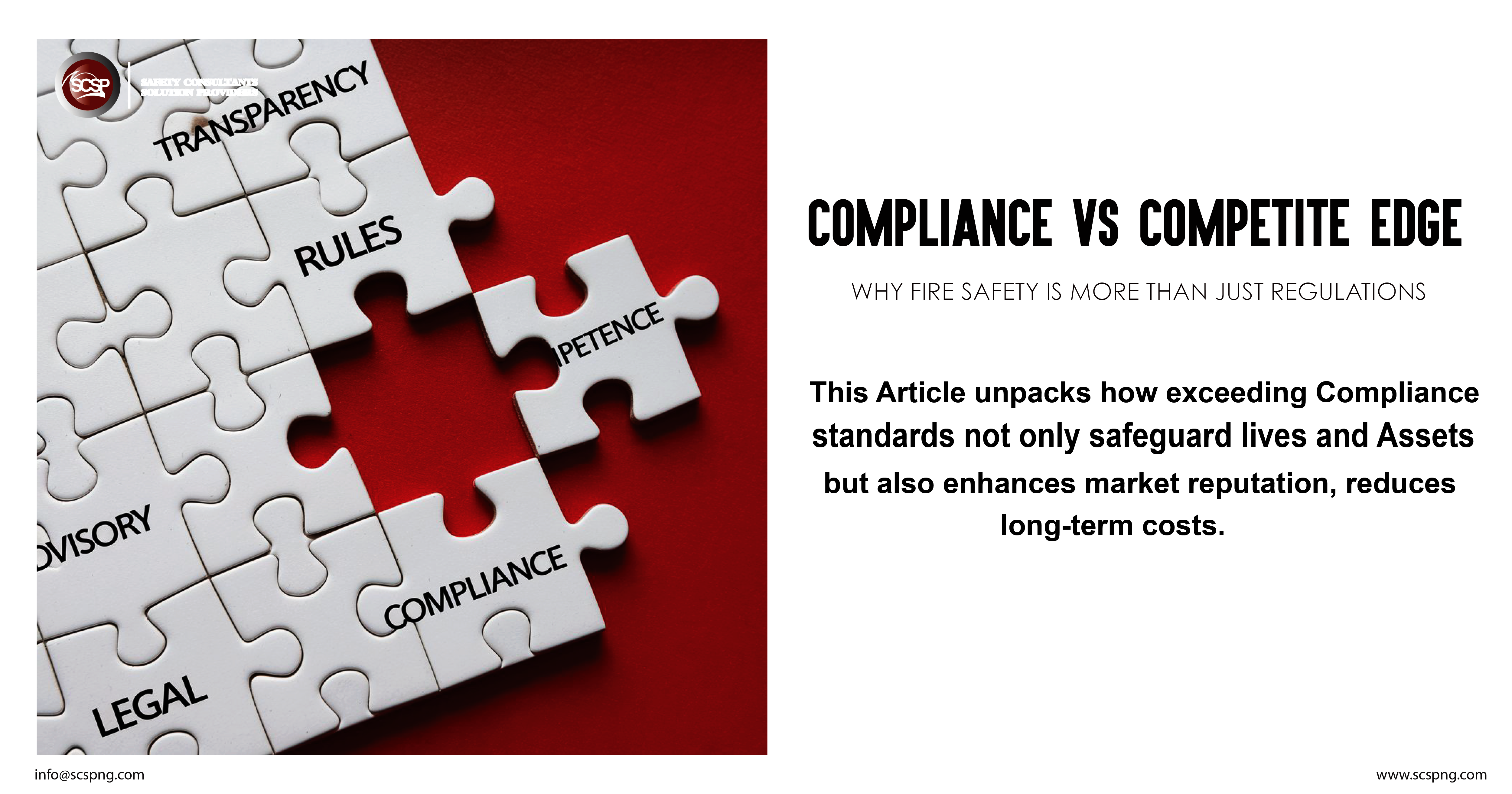A source from June 07, 2021, Guardian Newspaper themed ‘600m people suffer from foodborne illnesses yearly – by Femi Ibirogba’ related that “More than 200,000 yearly deaths are recorded from food poisoning and contamination in Nigeria due to smoked fishes and other contaminated foods, according to researchers.” The source further stresses that “…cost implication of illnesses associated with such foodborne diseases is valued at over $3.6 billion… Over 420,000 preventable deaths are claimed by food-related diseases yearly, causing the World Health Organization (WHO) and The Food and Agricultural Organization (FAO) to stress that food safety is everyone’s business”, according to the source.
Casualties caused by food hazards are not only depleting the world’s population but affect human capital, which by extension constitutes a negative impact on the socio-economic welfare of human society today according to the figures enumerated in the previous paragraph. Many such threats may be from any of the hazard types enumerated below.
- Biological Hazards: These may be food contaminants from microorganisms that are airborne, waterborne, or transmitted by animals, or humans such as colonies of salmonella, norovirus, campylobacter, escherichia coli, listeria, inhibit, and clostridium perfringens. This is why processes that inhibits microbial growth are implemented, such as the pasteurization of milk.
- Chemical Hazards are those synthetic or natural chemical or biochemical substances that are added to foods ignorantly or without proper control of allowable quantities. Mycotoxins, pesticides, stimulants, sodium nitrate, food additives, food processing by-products, and veterinary drug residues. Chemical hazards are removed by purification and separation processes when processing foods.
- Physical Hazards are natural or synthetic physical substances like pieces of metals, stems, chips of wood, glass, dirt, debris, insects, hairs, and plastics. This is preventable by food inspection and compliance with Hazard Analysis Critical Control Point (HACCP).
- Allergenic Hazards cause abnormal immune responses to specific proteins in foods. Some cereals, milk, egg, legumes, nuts, and fish constitute allergies by creating sickness and inflicting biochemical reactions. Detailed product information including – expiry date, reported side effects, ingredients, quantities, and composition of food substances should be provided on packaging labels.
Edible substances that fall under any category of food are required to be free of hazards, which could constitute allergies, sickness, or fatality to persons exposed to such substances. Food substances are mandated to undergo some processes with the goal of eliminating food-related hazards to As-Low-As-Reasonably-Possible.
ISO 22000: 2018 Food Safety Management Systems sets the minimum benchmarks for the processing, packaging, storage, and handling of food items. The National Agency for Food and Drug Administration and Control (NAFDAC) and The Standards Organization of Nigeria (SON) are regulatory bodies having jurisdiction over quality assurance and quality control of food products. This necessitates food manufacturers, food vendors, and firms in the hospitality sector where food processing is obvious. The question is – How many are complying with the regulatory requirements for commercial food? How is non-commercial food safety not neglected?
It is important for all stakeholders in the public and private sectors to reach out to the public with capacity-building programs and campaigns on food safety. Training on themes such as ‘Food Hygiene’ and ‘Hazard Analysis Critical Control Point (HACCP)’. ISO 22000 requires – a plan, do, check, and act (PDCA) procedure as follows.
Planning: Project resource planning, traceability system, emergency preparedness, and response as in the process workflow below.
There should be a plan, do, check, and act on food safety systems and periodic PROCESS BASED AUDITS and RISK BASED AUDIT for every organization involved in food production and processing, storage, handling, and packaging to ensure the ISO 22000: 2015 Food Safety Management Systems, Standards Organization of Nigeria Act 2015 and National Agency for Food and Drug Administration and Control Act 2004 Cap. F 32 Laws of the Federal of Nigeria benchmarks are met and exceeded in special circumstances.
William Nwaogu,
Technical Advisor,
Safety Consultants & Solution Providers Limited.









